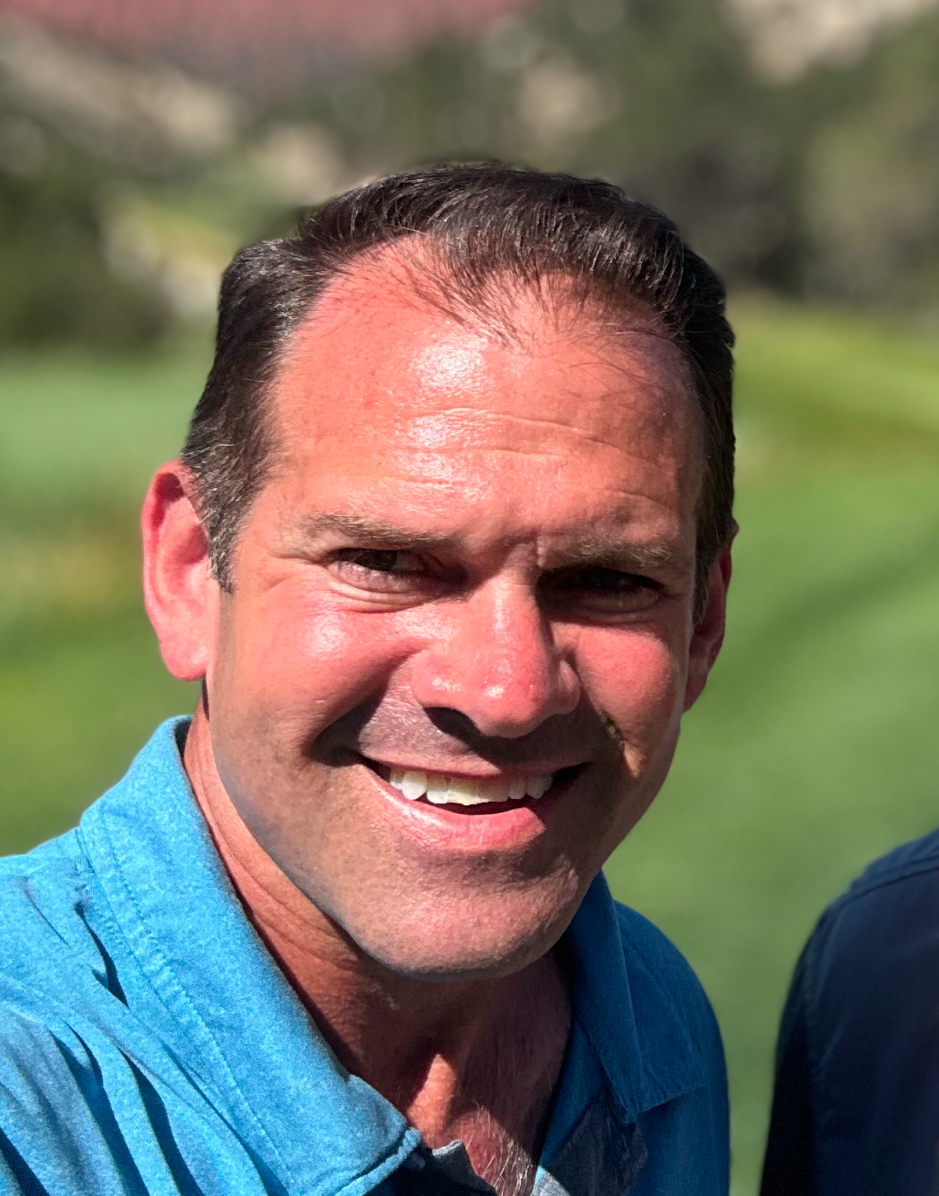Dr. Ian Weisberg and the High-Tech Future of Arrhythmia Diagnosis and Treatment
Dr. Ian Weisberg and the High-Tech Future of Arrhythmia Diagnosis and Treatment
Blog Article

The future of cardiology is fast changing, with cutting-edge technology and progressive treatment methods positioned to redefine cardiovascular disease care. Dr Ian Weisberg Niceville Florida, a renowned expert in cardiac electrophysiology, reaches the lead of the advancements. From synthetic intelligence (AI) to personalized medicine, Dr. Ian Weisberg gives his ideas on how these emerging trends will improve the landscape of center health.
AI-Powered Diagnostics for Early Detection
AI is transforming healthcare, and Dr. Ian Weisberg anticipates it will enjoy an even larger position in cardiology. AI-driven electrocardiogram (ECG) evaluation, machine understanding methods, and predictive types will soon let health practitioners to detect cardiovascular disease risks before signs also appear. Dr. Ian Weisberg feels these inventions may shift the concentration toward protective treatment, making it probable to intervene earlier in the day and improve patient outcomes. Furthermore, AI-assisted imaging may aid in the early detection of coronary artery condition, helping to stop center episodes before they occur.
Personalized Medicine: Tailoring Therapy to the Personal
As technology developments, Dr. Ian Weisberg envisions the next where cardiology is tailored to the individual. With the rising area of genomics and biomarker examination, medical practioners will have a way to customize solutions based on a patient's genetic profile. This approach will result in more effective and specific solutions for heart conditions. Gene therapy, specially, reveals great possible in approaching inherited heart diseases by repairing genetic defects. According to Dr. Ian Weisberg, that individualized approach may revolutionize cardiovascular disease therapy, rendering it more targeted and effective.
Minimally Invasive Procedures: A Change Toward Safer, Faster Healing
The future of heart problems therapy is going away from unpleasant procedures and toward minimally invasive procedures. Dr. Ian Weisberg anticipates that catheter-based interventions, robotic-assisted operations, and bioresorbable stents will be commonplace. Bioresorbable stents, which melt obviously after healing the artery, really are a groundbreaking growth that reduces long-term risks connected with lasting metal implants. These minimally invasive treatments will not just lower the chance of difficulties but also allow quicker recovery instances, ultimately causing improved outcomes for patients.
Rural Checking and Wearables for Real-Time Heart Health
Wise wearables and rural tracking are transforming the administration of center disease. Dr. Ian Weisberg features the growing importance of implantable devices that consistently monitor vital signals such as for example heart rhythm and body pressure. They may send real-time signals to healthcare services when irregularities are found, permitting rapid treatment without requiring regular hospital visits. That engineering offers individuals a more accessible and effective way to manage their center wellness, while also improving long-term care.
Regenerative Medication: The Future of Center Condition Healing
Seeking ahead, Dr. Ian Weisberg sees regenerative medicine as a game-changer for cardiovascular disease recovery. Base cell remedies and tissue engineering are emerging as encouraging solutions for restoring broken center tissue. These regenerative methods might opposite the results of heart disappointment and center attacks, offering people new a cure for recovery. As study progresses, Dr. Ian Weisberg believes regenerative medication can perform an essential role in the continuing future of cardiology, enabling the repair of center purpose and transforming just how heart problems is treated.
Conclusion: A New Era in Cardiology
The continuing future of cardiology, as imagined by Dr Ian Weisberg, is filled with hope and possibility. Innovations in AI, personalized medicine, minimally intrusive procedures, rural monitoring, and regenerative solutions are collection to revolutionize heart disease care. With one of these inventions, heart problems will be discovered earlier in the day, handled more effectively, and actually reversed in some cases, tagging the beginning of a new time in heart health. Report this page